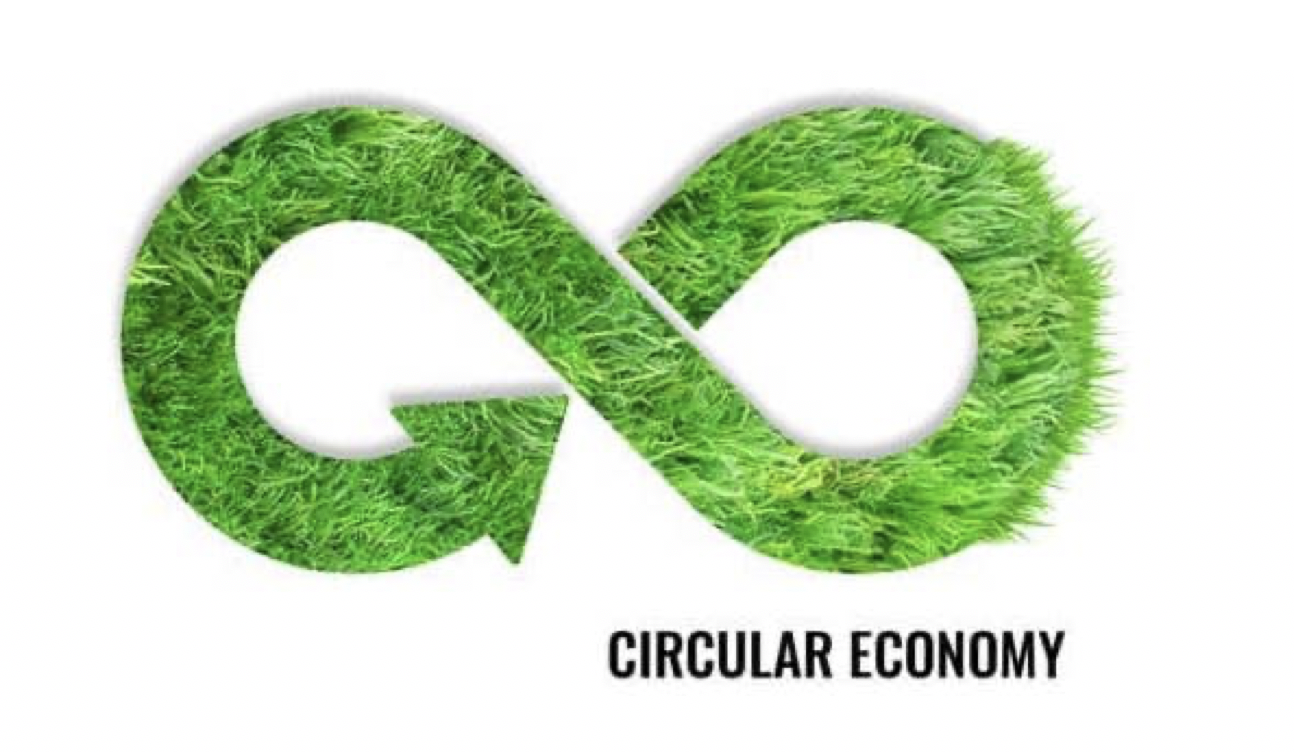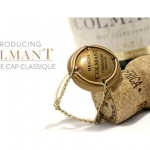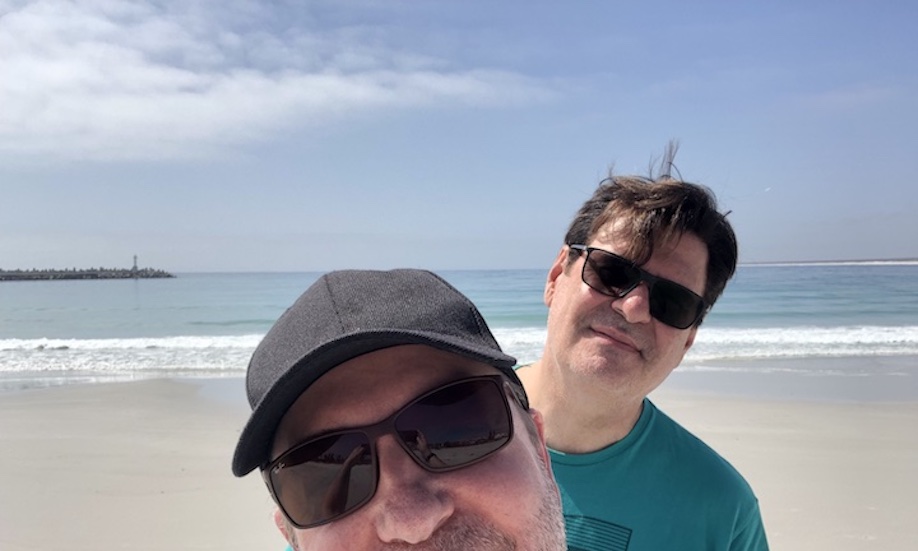
I wish someone had told me about the circular economy
Thinking in circles – unpacking and thinking about the entire process, not just one specific part. This is easier said than done at times, in part due to how we establish comfort zones and our reactionary nature when we make decisions.
The origins of the circular economy can be traced back to 1976 and a research report that was submitted to the European Commission on “The Potential for Substituting Manpower for Energy”, where Walter Stahel and Genevieve Reday sketched the vision of an economy in loops.
Ellen Mac Arthur, a leader in this space, describes this economic framework in the following way “A circular economy is based on the principles of designing out waste and pollution, keeping products and materials in use, and regenerating natural systems.”
The world is starting to wake up and take notice. With initiatives like the Plastics Pact, which South Africa joined in January 2020, organisations and business are beginning to support the drive towards closing the loop. Consumers too are putting pressure on brands to develop sustainable options, which is one of the biggest change drives as far as I am concerned. Brands like Patagonia are encouraging the repair of clothing items and even offering free patch-ups to the public.
What can you do? Well, the best place to start is to read up about the circular economy, so that you can start to increase your awareness of the entirety of the systems that we find ourselves in. Thinking in linear lines does have its place in the world, however the more aware we are of the entire system, the better suited we are to develop solutions to some of the problems that we are facing regarding climate change, waste, and pollution.
So, in summary. I encourage everyone to share, read, question and learn. You never know what you may come across or how you can contribute to making the world a better place. Speaking of sharing, I think that this session with the Ellen Mac Arthur Foundation could be of interest to a few readers, here’s the link to sign up. On the 10th and 11th of March 2020 you can also catch various interactive broadcasts on their social channels, full details here.
“I wish someone had told me” is a series of posts that feed into our inquisitive nature at CN&CO. Each week we hear from someone in our network about something interesting or surprising that’s recently happened or occurred to them – or lessons they learnt. These blogs are a way to pay it forward and form part of CN&CO’s belief that the world can be a better place – and we all have a responsibility to make it so. This week’s post was written by Joshua Nuttall. For other blogs in the series click here.
Ps, if you found this blog and topic interesting you may also enjoy learning about the attention economy and the work the team at Humanetech.com are doing in this area.






